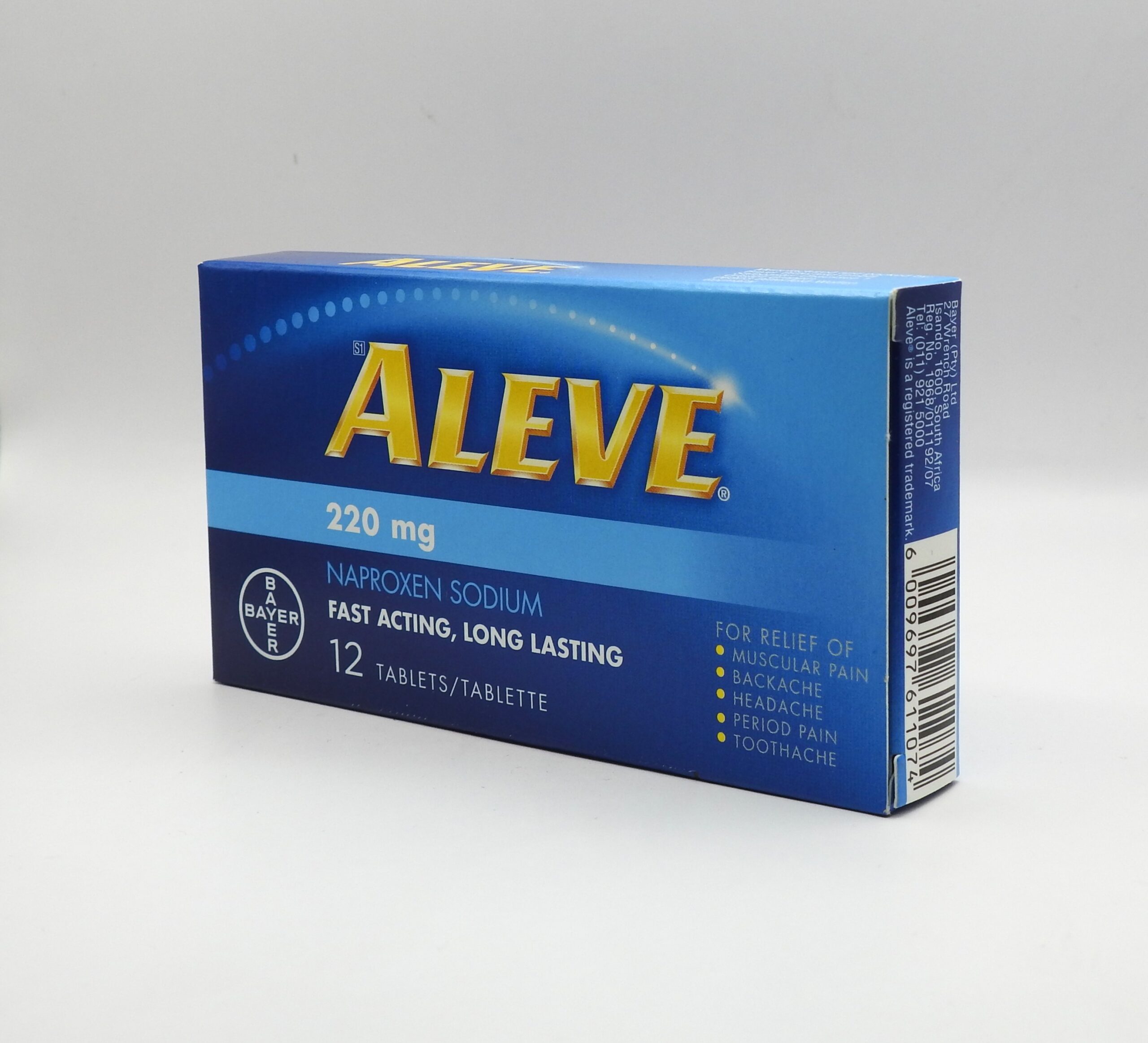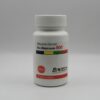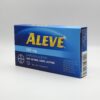Aleve (200mg tablet x 12)
$8.41
Aleve is a brand name for the nonsteroidal anti-inflammatory drug (NSAID) Naproxen Sodium. It is commonly used to relieve pain, inflammation, and fever associated with conditions such as headache, toothache, menstrual cramps, arthritis, and other types of acute or chronic pain. The standard tablet size for Aleve is 200mg. It is available over-the-counter and through prescription. As with all medications, it is important to follow the recommended dosage and consult a healthcare provider before use, especially if you have a history of certain medical conditions or are taking other medications.




